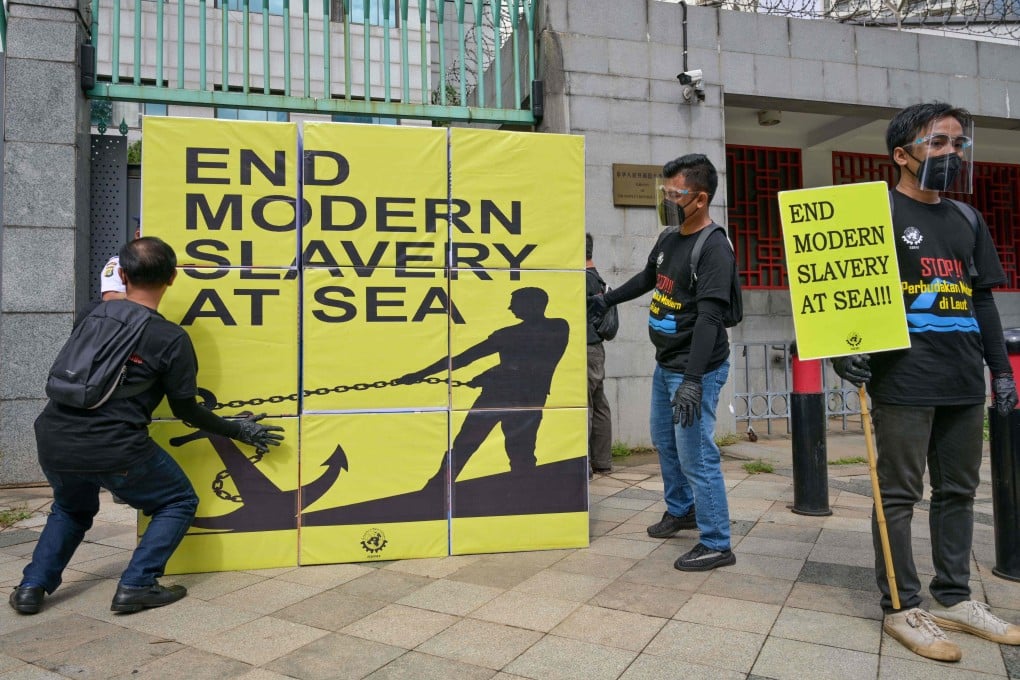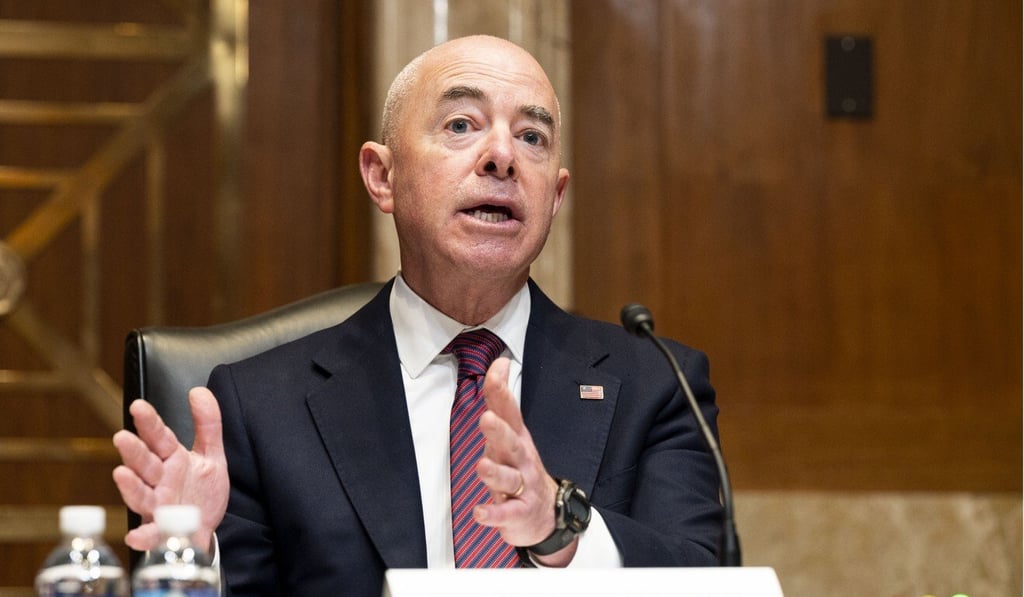US bars seafood imports from Chinese company Dalian Ocean Fishing over forced labour suspicions
- Indonesian workers hired onto Dalian’s vessels have been subjected to physical violence, debt bondage and other abuses, the US says
- This is the first such action by US customs against an entire fleet, as opposed to targeting individual vessels

The United States is barring seafood imports from a Chinese fishing company it says uses forced Indonesian labour on its vessels, the Biden administration announced on Friday.
US Customs and Border Protection said it has identified labour abuses on all of Dalian Ocean Fishing’s 32 vessels, including physical violence, withholding of wages, and abusive working and living conditions.
The customs agency, part of the Department of Homeland Security (DHS), said it has issued an order to immediately detain tuna, swordfish and other seafood products from the Chinese fishing company at US ports of entry.
This “will ensure we continue to protect the human rights of those working in the distant-water fishing industry, while also upholding safeguarding our national and economic security,” Homeland Security Secretary Alejandro Mayorkas said in a statement.
Mayorkas said this was the first time the customs agency has banned imports from an entire fishing fleet, as opposed to individual vessels.
